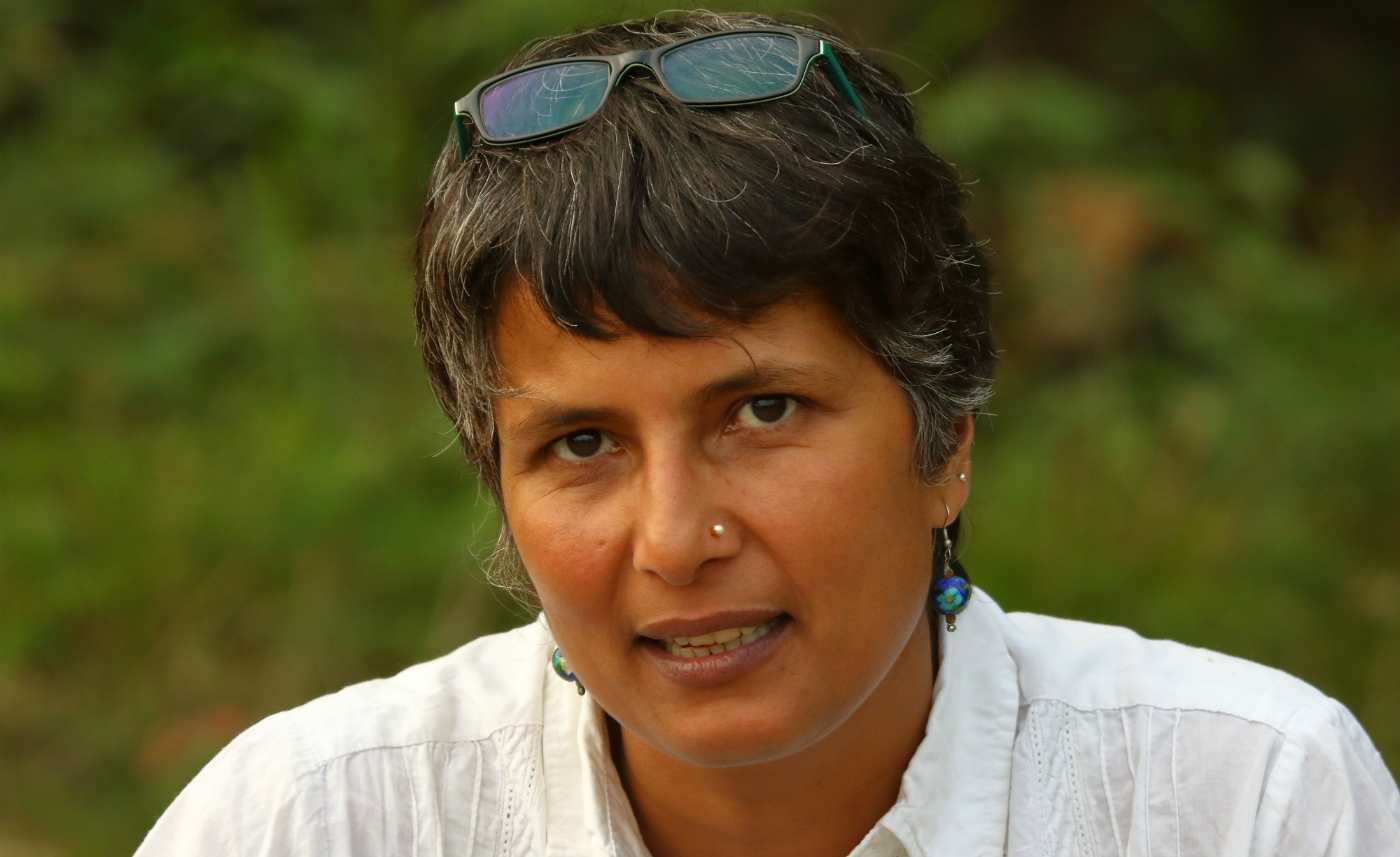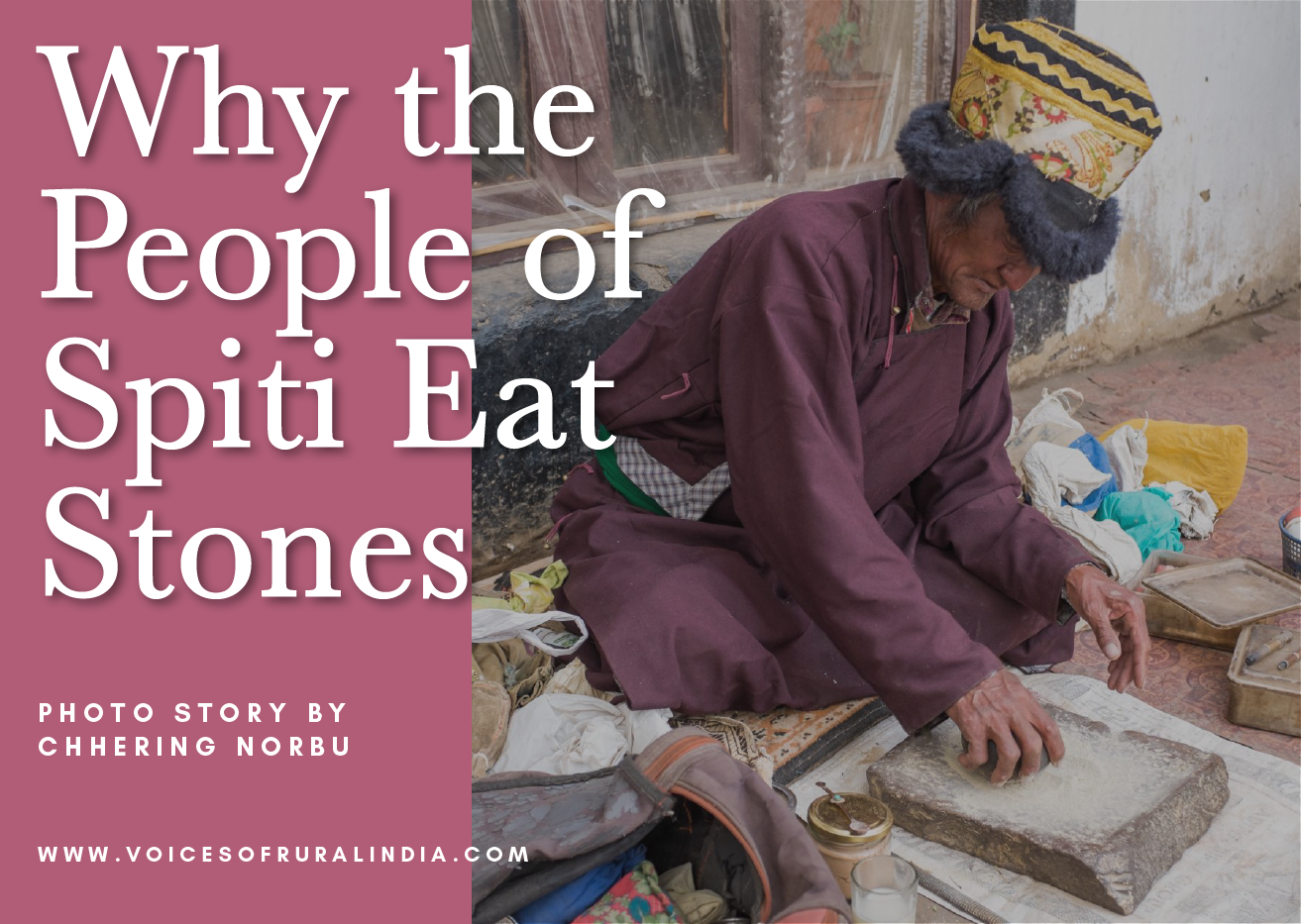
A personal essay by Minakshi Pandey, Initiator and Advisor for the Waste Warriors Corbett Project
After a glorious childhood in Shillong (Meghalaya), with my ‘teacher’ parents, college for a Bachelor’s Degree in Hotel Management at Manipal (Karnataka) and a decade of working in Delhi, in 2000, my husband and I, moved home to the jungles around Corbett Tiger Reserve (in the north western Himalayan state of Uttarakhand, India). His work as a naturalist, guiding wildlife tours in the region gave him the opportunity to visit the region many times since the mid 1990s. At that time, there were perhaps five wildlife lodges around the Corbett Landscape with vast tracts of forest and farm land around the boundary of the reserve, instead of the booming villages with over 300 hotels that we see today.
We had a small wildlife lodge called Camp Forktail Creek and spent 12 glorious years hosting wildlife enthusiasts, spending time with nature and its beautiful creations, in and around our home. We learnt to care deeply for our natural heritage and how to conserve and protect it. We learnt that despite the conveniences of the web world, there is a lovely life beyond Amazon, Uber and Zomato...
In 2012, when the tourism boom around us got out of hand, we decided to shut the lodge. My husband continued to lead wildlife tours around the country while I decided to do something about the growing waste problem in and around the reserve. I was confident of support from the huge tourism lobby, forest department and various local authorities, in-charge of rural development, all directly responsible for the development of the region, yet, not ready or equipped to manage numerous critical issues, solid waste, being really low on the list of priorities.
After spending time voluntarily, over the last five years, with Waste Warriors Society, to set up Solid Waste Management systems for human dwellings around Corbett, my beautiful and amazing country, continues to amaze me. It’s perhaps the reason I can get up every morning and be thankful for life.
In the end, it all boils down to lack of awareness and a total lack of will by most people. And that’s not just for waste. Most crisis situations in our very, over-populated country are in a limbo, caught between lack of awareness and the lack of will, as the country races towards ‘development’.
It’s time to start taking responsibility. Your waste is your problem too, especially if it’s affecting your life as well. If waste is sorted at the time of disposal, by primary source, we wouldn’t have a crisis to begin with, as naturally, everything would become valuable after sorting.
Food and horticulture waste which constitutes 60% of the total solid waste generated can be composted. Another 30%, when sorted properly can be recycled (long live Kabaris!), leaving less than 10% as actual waste (all the stuff that can’t be recycled like sanitary and medical waste). Change your lifestyle and you can convert this 10% to zero, too! Start now, least we have a global war for clean water, very soon.
Tips on managing waste
1.Manage your own waste properly by SEGREGATING waste at PRIMARY SOURCE into Organic (wet waste), Recyclables (dry waste) and Non-Recyclables (medical and sanitary waste). Once sorted, you will see the value. Make natural compost from the organic waste, sell the recyclables to scrap dealers and dump the non-recyclables to the closest scientific landfill. This will also reduce your carbon footprint and make your business more profitable.
2. Give back to the community and manage the cleanliness of public areas, 10 m around you. INVOLVE the community through cleanups and awareness raising sessions. Use your connections to get government leverage for implementing Solid Waste Management systems locally. Work together and introduce low-cost techniques to create micro processing centres for skill development, livelihood generation and a cleaner world.
3. SPREAD AWARENESS by talking about your experience and encourage others to follow your example. Sensitise your staff, your guests, local authorities, guides, visiting drivers and other travellers.
(Minakshi Pandey is Initiator and Advisor for the Waste Warriors Corbett Project and lives in the periphery of the Corbett Tiger Reserve, Uttarakhand, with her husband and three dogs.)






